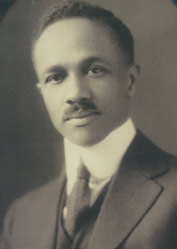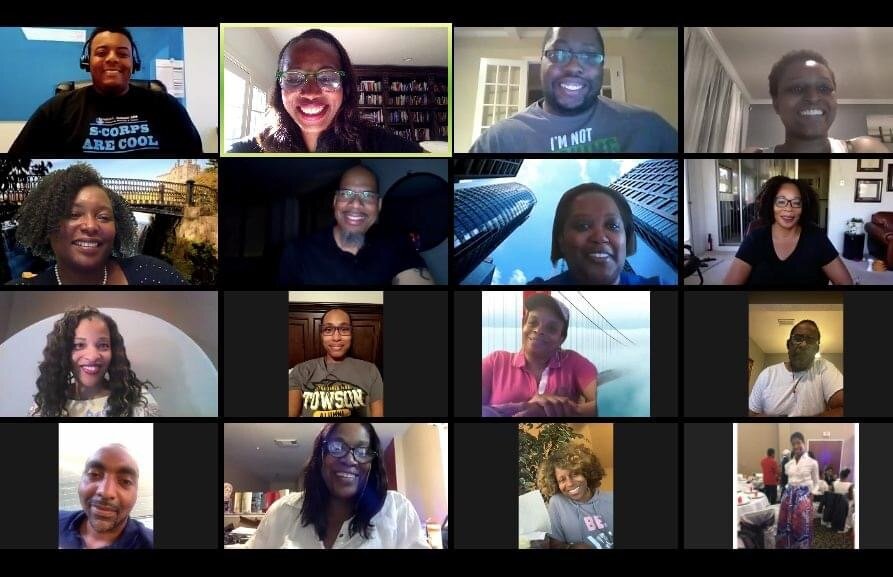get these nets
Veteran
Robert F. Smith Commits Up to $1 Million To Support NSBCPA’s Groundbreaking Efforts To Increase Black CPAs
December 08, 2020

WASHINGTON--The National Society of Black Certified Public Accountants (NSBCPA) announced today a major gift from Vista Equity Partners Founder, Chairman and CEO, Robert F. Smith, who pledged $1 million to support the NSBCPA’s first-of-its-kind Certified Public Accountant (CPA) Exam Bootcamp Program for Black Accounting Students.
Smith’s gift will pay for students to take the CPA exam and contribute wrap-around support to ensure the program’s participants have the tools they need to pass the exam and succeed in the accounting profession. The program, open to all colleges and universities in the United States, will enroll 100 students per year in a hands-on, virtual “bootcamp” to prepare them for their CPA exam, in an effort to boost Black representation among CPAs.
The program is supported by the American Institute of Certified Public Accountants (AICPA) Foundation and is aimed at increasing Black representation in the accounting profession. According to Bloomberg, Black Americans make up less than 1% of all CPAs in the United States.
“Raising Black representation in the financial workforce doesn’t just put more Black people in high quality jobs. It helps build opportunity and wealth over generations while promoting financial literacy that is so crucial to achieving prosperity,” said Smith. “Representation matters, and this program will help aspiring accountants see that they belong in this field.”
The virtual program will provide students with the roadmap necessary to complete their coursework and navigate all exams and entrance materials required to become a CPA, including placement assessments, educational sessions with Black professors, CPA exam review sessions led by Black CPAs, study sessions, and a CPA mentor assigned to each student upon entrance to the program, as well as books, applications and test fee support. The program will also heavily feature material on the first 100 Black CPAs as part of its holistic education.
“We’re proud to partner with Robert Smith and the AICPA on this groundbreaking project,” said Felicia Farrar, Vice Chair of NSBCPA. “Next year will mark the 100th anniversary of the hire of the first-ever Black CPA, John Cromwell.

John W. Cromwell
For that and so many other reasons, now is the perfect time to build on his legacy and create new ones in the financial community for future generations to look up to.”
December 08, 2020

WASHINGTON--The National Society of Black Certified Public Accountants (NSBCPA) announced today a major gift from Vista Equity Partners Founder, Chairman and CEO, Robert F. Smith, who pledged $1 million to support the NSBCPA’s first-of-its-kind Certified Public Accountant (CPA) Exam Bootcamp Program for Black Accounting Students.
Smith’s gift will pay for students to take the CPA exam and contribute wrap-around support to ensure the program’s participants have the tools they need to pass the exam and succeed in the accounting profession. The program, open to all colleges and universities in the United States, will enroll 100 students per year in a hands-on, virtual “bootcamp” to prepare them for their CPA exam, in an effort to boost Black representation among CPAs.
The program is supported by the American Institute of Certified Public Accountants (AICPA) Foundation and is aimed at increasing Black representation in the accounting profession. According to Bloomberg, Black Americans make up less than 1% of all CPAs in the United States.
“Raising Black representation in the financial workforce doesn’t just put more Black people in high quality jobs. It helps build opportunity and wealth over generations while promoting financial literacy that is so crucial to achieving prosperity,” said Smith. “Representation matters, and this program will help aspiring accountants see that they belong in this field.”
The virtual program will provide students with the roadmap necessary to complete their coursework and navigate all exams and entrance materials required to become a CPA, including placement assessments, educational sessions with Black professors, CPA exam review sessions led by Black CPAs, study sessions, and a CPA mentor assigned to each student upon entrance to the program, as well as books, applications and test fee support. The program will also heavily feature material on the first 100 Black CPAs as part of its holistic education.
“We’re proud to partner with Robert Smith and the AICPA on this groundbreaking project,” said Felicia Farrar, Vice Chair of NSBCPA. “Next year will mark the 100th anniversary of the hire of the first-ever Black CPA, John Cromwell.

John W. Cromwell
For that and so many other reasons, now is the perfect time to build on his legacy and create new ones in the financial community for future generations to look up to.”



